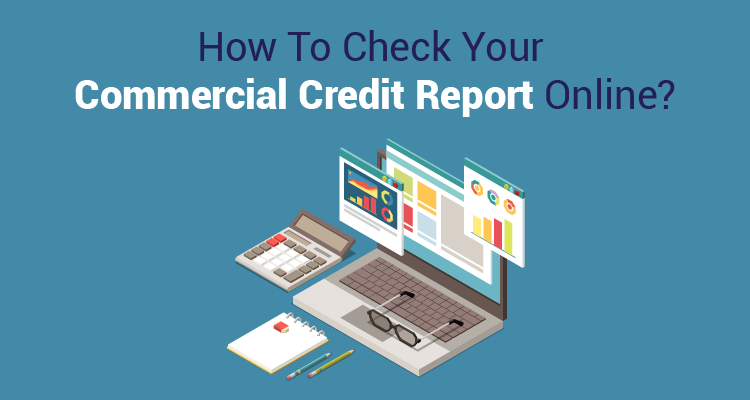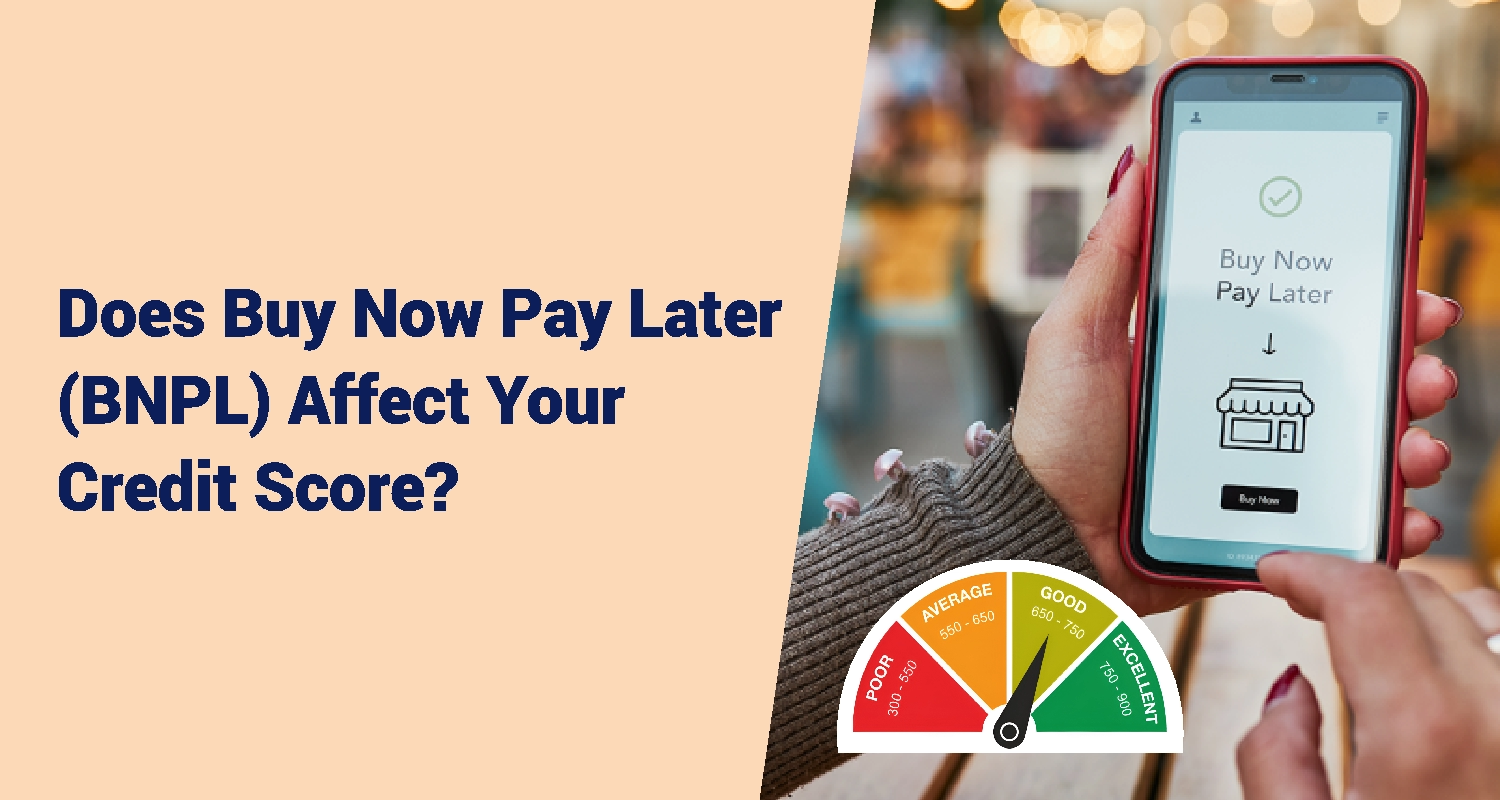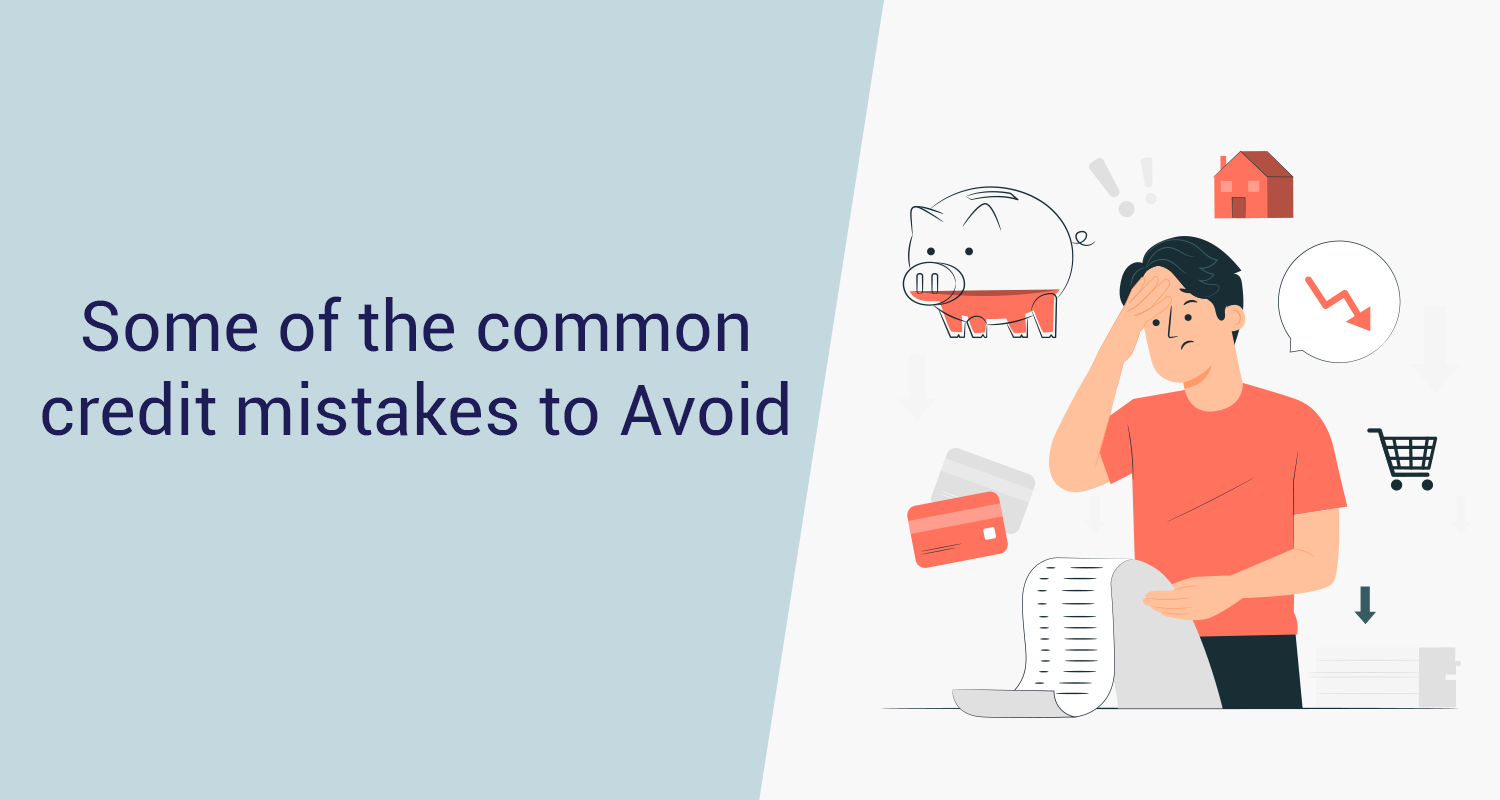How To Check Your Commercial Credit Report Online?

Lenders, be it a bank or a non-banking finance company (NBFC), use a multiple set of filters to evaluate a loan application. Barring some specific loan products such as a gold loan, which is a secured loan for financing personal or self-owned small business, one of the first things they look at it is the borrower’s creditworthiness.
This is captured via their credit history. For a personal loan, this boils down to checking the credit score of the person. When it comes to commercial borrowers, unless it is a small entity wherein again the business owner’s personal credit score comes into play, lenders look at either a commercial credit report or a rating agency report. The credit rating report becomes important for larger firms.
Commercial Credit Report
Credit information bureaus analyse the credit history of all borrowers and provide a score or a rank to depict their creditworthiness. In the case of a commercial borrower, where the organisation is past a basic threshold and the owner’s credit score is used, lenders assess the loan application by scanning through the commercial report.
A commercial credit report includes information such as:
• Company background:
This covers things like what business is the firm engaged in, who owns the enterprise, for how many years it has been active, what subsidiaries it has seeded and what are they into etc.• Financial state:
This could look at the revenue and profitability as it affects the amount available to service a debt with interest payments.• Debt profile:
The past credit history such as debt taken, repayments as also outstanding credit.• CIBIL rank:
While the report contains several details as mentioned giving a one-shot detailed look at the organisation, the most critical aspect of a commercial credit report is a rank or a score. Companies are ranked on a scale of 1-10 with 1 being the highest rank, which can provide a swift comfort to a lender to add the enterprise as a borrower. These ranks are primarily meant for small and medium enterprises with credit exposure of Rs 10 lakh to Rs 10 crore.The commercial report is swayed by things like how long a firm has been in operations with a longer age providing a higher rank; how much credit it has already utilised vis-à-vis what it can borrow besides aspects like business domain and sector.
Checking Commercial Credit Report Online
There are a clutch of agencies or credit information bureaus that provide credit scores for individuals as well as commercial credit reports for businesses. These include names like TransUnion CIBIL, Equifax and Experian.
The oldest and biggest of these is TransUnion CIBIL, to the extent that it has become synonymous with credit information in the country.
One can get a commercial credit report from the official website of CIBIL. The notable aspect here is that unlike an individual who can get free credit score, organisations or business owners need to pay a subscription fee of Rs 3,000 to access the commercial credit report.
Here is a step-by-step guide to generate the commercial credit report:
Step 1 – Open your laptop/computer or mobile browser and go to the official website of CIBIL. This would require you to access this URL: cibil.com/online/Company-credit-report.do.
Step 2 – Thereafter, one would need to fill in the application form that would ask for inputs such as the legal name of the firm and registered address of the business, name and address of the applicant, contact details of the entity as also the applicant, PAN number and other details.
Step 3 – At the next step one would need to pick a mode of payment for Rs 3,000 via the multiple online options mentioned and go through the process of making the payment.
Step 4 – After the payment is processed, CIBIL will provide a unique Registration ID and Transaction ID which can be found in the inbox of the email ID used while applying.
Step 5 – In the last step one would need to upload the requisite know your customer, or KYC, documents.
After the required information is submitted and documents uploaded, the commercial credit report and the associated CIBIL rank is delivered within a few days.
Conclusion
Credit history is an important element for any debt transaction by a bank or NBFC. This is because it captures a snapshot of the creditworthiness of a borrower, be it an individual or an enterprise.
For small and medium enterprises, lenders assess loan applications by looking at the commercial credit report and the related rank. The report gives a rank ranging from 1-10, with 1 denoting a higher rank and thereby higher creditworthiness. One needs to pay a sum of Rs 3,000 to access the commercial credit report and the rank. The process of doing so is simple and can be completed online.
IIFL Finance offers business loans to small and medium enterprises with or without collateral via a truly digital process. The application process can be completed within minutes if one has the basic documents at hand, and is quickly approved. IIFL Finance offers the most competitive interest rates and customized repayment terms to borrowers with strong credit reports.
FAQs
Q1. What does a blank CRIF credit report mean?Ans. A blank CRIF (Credit for Research in International Finance) credit report means that there is no data available about the credit history in their database.
Q2. What should you check in company's credit report?Ans. When evaluating a company's creditworthiness, its credit report offers a comprehensive picture. Key elements include a Credit Rank (similar to a personal credit score), Credit History detailing past loans, payments, and defaults, and Credit Ratings that assess risk based on historical financial data. Reviewing all these aspects helps you understand the company's financial health and potential repayment behaviour.
Q3. Are the Company credit score & Commercial credit report the same?
Ans. Yes, they are the same. CIBIL, one of the leading credit bureaus in India uses both the terms "Commercial Credit Report" (CCR) and "CIBIL Credit Rank" interchangeably for businesses. They refer to the same document, which is basically a report that evaluates a company's creditworthiness and assigns a score reflecting its financial health and repayment history.
Q4. What does a blank CRIF credit report mean?Ans. A blank CRIF (Credit for Research in International Finance) credit report means that there is no data available about the credit history in their database.
Q5. What should you check in the company's credit report?Ans. When evaluating a company's creditworthiness, its credit report offers a comprehensive picture. Key elements include a Credit Rank (similar to a personal credit score), Credit History detailing past loans, payments, and defaults, and Credit Ratings that assess risk based on historical financial data. Reviewing all these aspects helps you understand the company's financial health and potential repayment behaviour.
Q6. Are the Company credit score & Commercial credit report the same?
Ans. Yes, they are the same. CIBIL, one of the leading credit bureaus in India uses both the terms "Commercial Credit Report" (CCR) and "CIBIL Credit Rank" interchangeably for businesses. They refer to the same document, which is basically a report that evaluates a company's creditworthiness and assigns a score reflecting its financial health and repayment history.
Disclaimer: The information contained in this post is for general information purposes only. IIFL Finance Limited (including its associates and affiliates) ("the Company") assumes no liability or responsibility for any errors or omissions in the contents of this post and under no circumstances shall the Company be liable for any damage, loss, injury or disappointment etc. suffered by any reader. All information in this post is provided "as is", with no guarantee of completeness, accuracy, timeliness or of the results etc. obtained from the use of this information, and without warranty of any kind, express or implied, including, but not limited to warranties of performance, merchantability and fitness for a particular purpose. Given the changing nature of laws, rules and regulations, there may be delays, omissions or inaccuracies in the information contained in this post. The information on this post is provided with the understanding that the Company is not herein engaged in rendering legal, accounting, tax, or other professional advice and services. As such, it should not be used as a substitute for consultation with professional accounting, tax, legal or other competent advisers. This post may contain views and opinions which are those of the authors and do not necessarily reflect the official policy or position of any other agency or organization. This post may also contain links to external websites that are not provided or maintained by or in any way affiliated with the Company and the Company does not guarantee the accuracy, relevance, timeliness, or completeness of any information on these external websites. Any/ all (Gold/ Personal/ Business) loan product specifications and information that maybe stated in this post are subject to change from time to time, readers are advised to reach out to the Company for current specifications of the said (Gold/ Personal/ Business) loan.



